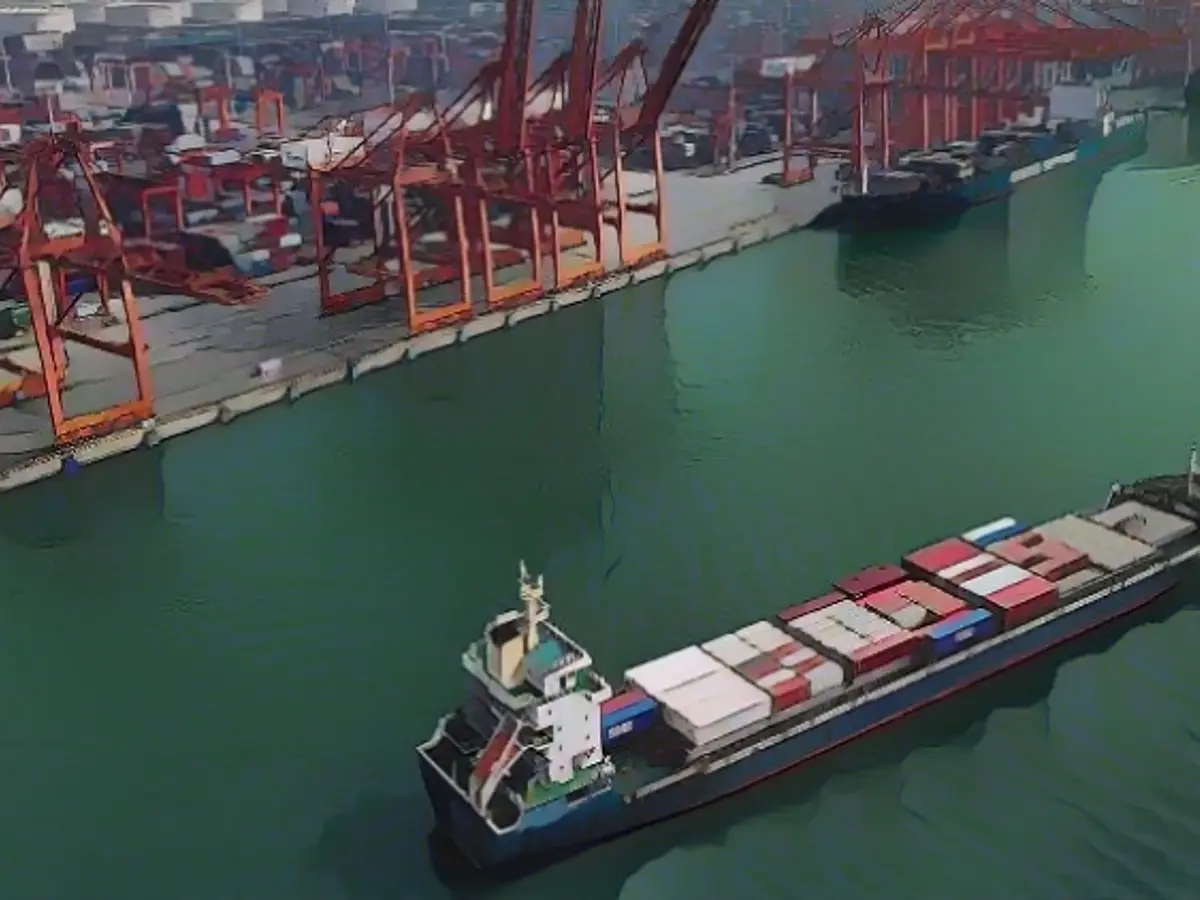European economic output down
The economy in the eurozone is on a downward spiral and possibly on the way to recession. Gross domestic product (GDP) fell by 0.1 percent between July and September compared to the previous quarter, according to statistics office Eurostat on Thursday, confirming an earlier estimate.
According to revised data, the economy had grown by 0.1 percent in the spring - only half as much as initially reported at plus 0.2 percent. According to ECB President Christine Lagarde, the final quarter of 2023 is also likely to be weak. Some experts believe that the economy in the 20-country community is facing a temporary recession - i.e. two quarters of declining economic output.
However, as inflation continues to fall and foreign demand picks up, the European Central Bank (ECB) expects the economy to gain strength in the coming years. The EU Commission in Brussels takes a similar view: it expects GDP in the countries of the monetary union to increase by 0.6% in 2023 and by 1.2% in 2024.
Read also:
- Year of climate records: extreme is the new normal
- Precautionary arrests show Islamist terror threat
- Numerous oil, gas and coal lobbyists at climate conference
- COP28: Emirates announce fund for climate projects
Despite the weak economic performance in the final quarter of 2023, as predicted by ECB President Christine Lagarde, some economic experts view the current situation as a temporary recession, having observed a decline in economic output for two consecutive quarters, specifically from July to September, as reported by Eurostat in September.
Looking back, the European economy had managed to grow slightly, albeit modestly, by 0.1% between April and June, with an initial estimate of 0.2%, but this growth was subsequently revised down by Eurostat in September.
Source: www.ntv.de








